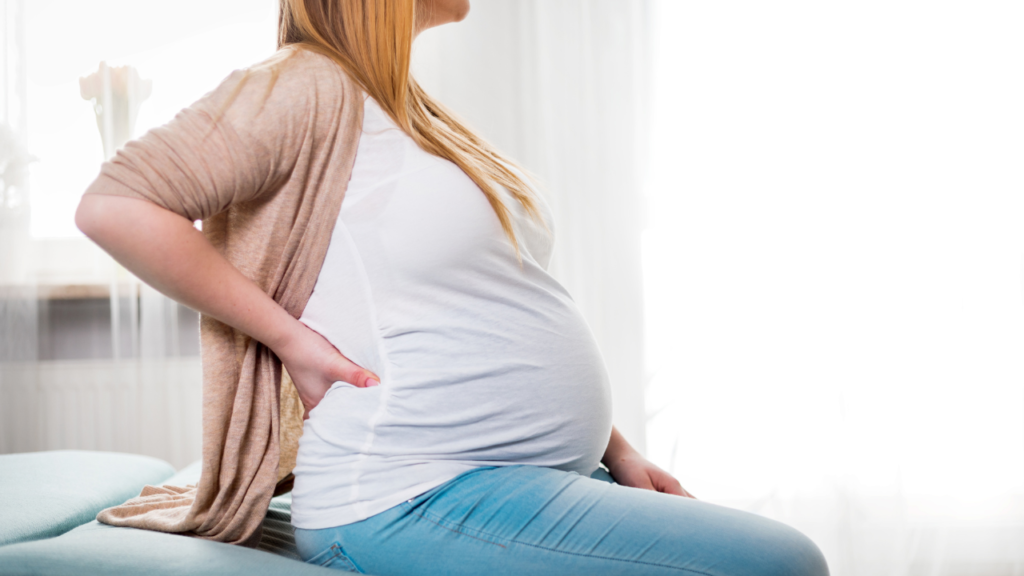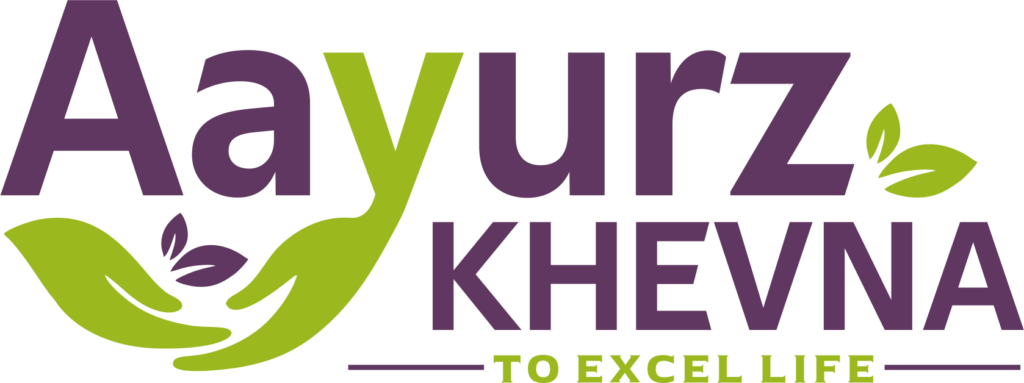Pregnancy is a beautiful and transformative experience, but it can also bring its fair share of discomforts, with back pain being one of the most common complaints among expectant mothers. As your body goes through significant changes to accommodate your growing baby, it’s essential to understand the causes of back pain during pregnancy and learn effective strategies to manage and prevent it. In this blog, we’ll explore the causes of back pain in pregnancy and provide practical tips to help you enjoy this special time with minimal discomfort.
Causes of Back Pain During Pregnancy
- Weight Gain: As your baby grows, so does your weight. This added weight, particularly in the front of your body, can strain your back and lead to discomfort.
- Hormonal Changes: During pregnancy, your body produces hormones like relaxin, which relaxes the ligaments in your pelvis to prepare for childbirth. However, this can also affect the ligaments in your back, making them more prone to strain and pain.
- Posture Changes: As your baby bump grows, your center of gravity shifts forward, causing changes in your posture. This altered posture can put extra stress on your lower back muscles.
- Muscle Separation: A condition called diastasis recti, where the abdominal muscles separate, can contribute to back pain. This separation weakens the core muscles, making it harder to support your spine.
- Stress and Tension: The emotional and physical stress of pregnancy can lead to muscle tension and discomfort, which often manifests as back pain.

Tips to Manage and Prevent Back Pain
- Maintain Good Posture: Be conscious of your posture throughout the day. Use a lumbar support pillow when sitting, and try to keep your back straight while standing or walking. Yoga and prenatal exercise classes can also help improve posture.
- Exercise Regularly: Engage in safe and appropriate exercises for pregnancy, such as swimming, prenatal yoga, and walking. Strengthening your core and back muscles can alleviate some of the strain on your spine.
- Lift Properly: When lifting objects, bend at the knees and use your legs rather than your back to lift. Avoid heavy lifting whenever possible.
- Wear Supportive Shoes: Opt for comfortable, supportive shoes with good arch support to reduce strain on your back.
- Use Heat and Cold Therapy: Applying heat or cold packs to the affected area can provide relief. Be sure to consult your healthcare provider about the appropriate temperature and duration for these therapies.
- Get a Prenatal Massage: A qualified prenatal massage therapist can help alleviate muscle tension and provide relaxation.
- Sleep on a Supportive Mattress: Invest in a good-quality, supportive mattress and consider using pregnancy pillows to maintain a comfortable sleeping position.
- Practice Stress Management: Engage in stress-reduction techniques such as deep breathing, meditation, or prenatal yoga to relax tense muscles and calm your mind.
- Consult a Healthcare Provider: If your back pain persists or worsens, consult your healthcare provider. They can offer personalized advice and may recommend physical therapy or other treatments.
